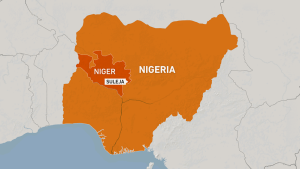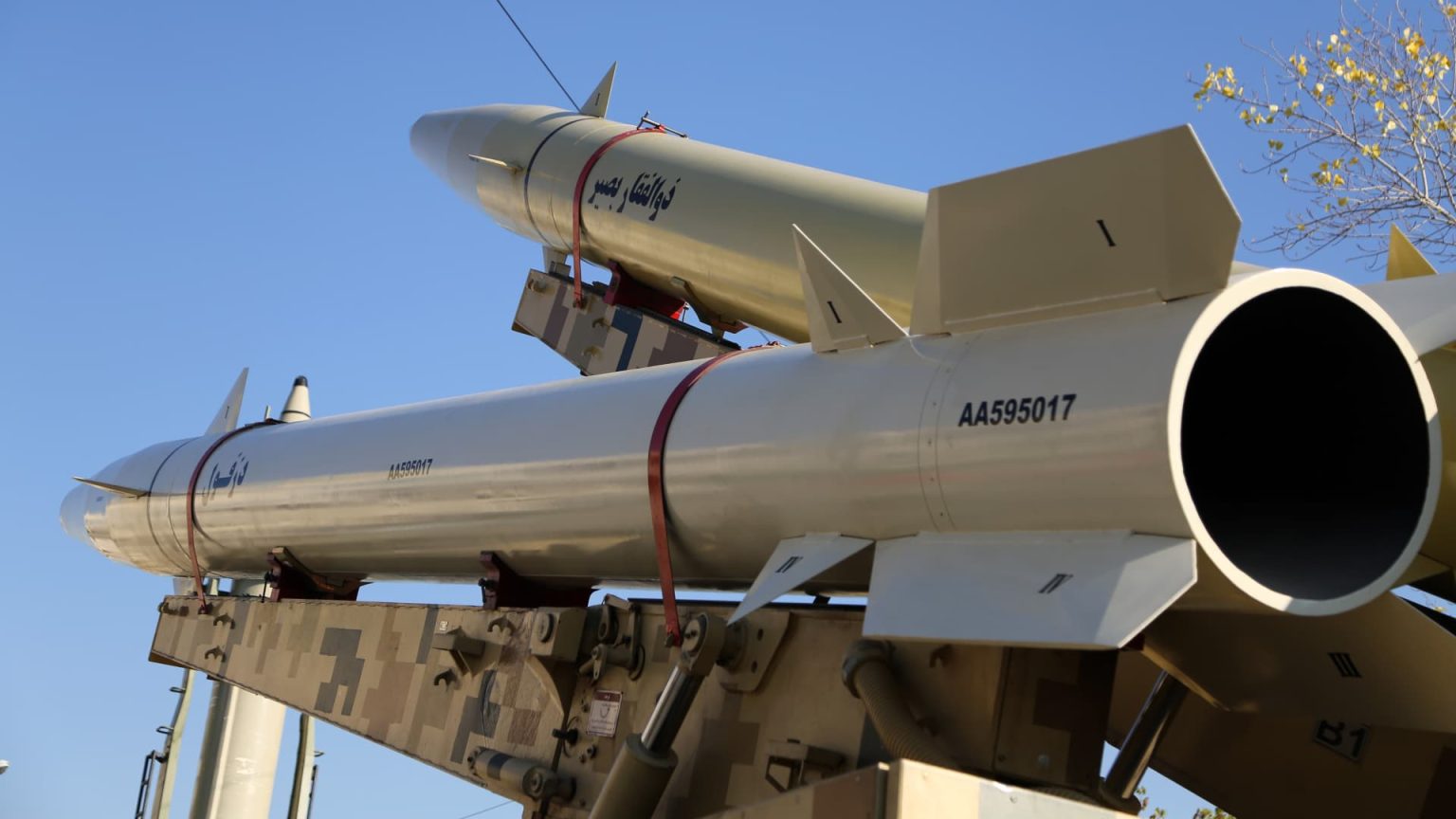Multiple rockets were launched from Iraq’s town of Zummar towards a U.S. military base in northeastern Syria. This attack against U.S. forces marks the first incident since early February, when Iranian-backed groups in Iraq had ceased their attacks on U.S. troops. The assault followed Iraqi Prime Minister Mohammed Shia al-Sudani’s recent return from a visit to the United States where he met with President Joe Biden. A post on a Telegram group associated with Kataib Hezbollah indicated that armed factions in Iraq had decided to recommence attacks due to what they perceived as minimal progress in discussions to end the U.S.-led military coalition in the country.
An anonymous U.S. official revealed that more than five rockets were fired from Iraq towards a coalition base in Rumalyn, Syria. Fortunately, no U.S. personnel were injured in what was deemed a “failed rocket attack.” It remains unclear whether the rockets failed to reach the base or were intercepted before landing, as well as the intent of the attack. In response, an aircraft from the U.S.-led coalition conducted a strike against the launcher believed to be situated in the town of Zummar near the Syrian border. A truck with a rocket launcher fixed on the back was found in Zummar, and initial investigation suggested it was targeted and destroyed by an air strike.
The Iraqi Security Media Cell stated that Iraqi forces had initiated a comprehensive search and inspection operation near the Syrian border to locate and bring the perpetrators of the rocket attack to justice. The attacks took place following a significant explosion at a military base in Iraq that resulted in the death of a member of an Iraqi security force, including Iran-backed groups. While the force’s commander categorized it as an attack, the army announced that it was under investigation and clarified that there were no warplanes in the sky at the time.
Overall, the incident highlights the ongoing tensions in the region, particularly with regards to U.S. presence in Iraq and Syria. The decision to resume attacks against U.S. forces by Iranian-backed groups underscores the complexities of the political and military dynamics in the region. The response from the U.S.-led coalition, including the airstrike against the suspected launcher, demonstrates the importance of maintaining security in the area and deterring further attacks. The involvement of various factions and groups in the region adds layers of complication and uncertainty regarding future actions and strategies.
The fact that the rockets were launched towards a U.S. military base in Syria indicates the transnational nature of the conflict and the potential for escalation beyond Iraq’s borders. The resumption of attacks following a period of relative calm highlights the volatile nature of the situation and the challenges in achieving lasting peace and stability in the region. The role of the U.S.-led coalition in responding to these attacks and ensuring the safety of its personnel further complicates the already intricate web of alliances and rivalries in the Middle East. Ultimately, the incident serves as a stark reminder of the ongoing security threats faced by U.S. forces in the region and the need for continued vigilance and coordination among allied nations.













